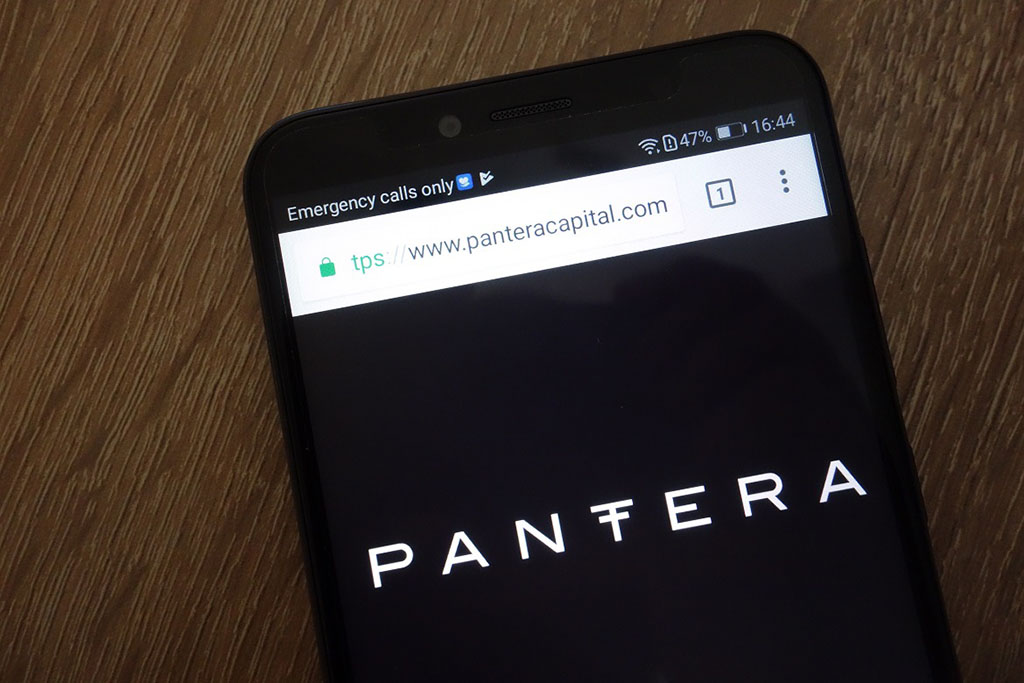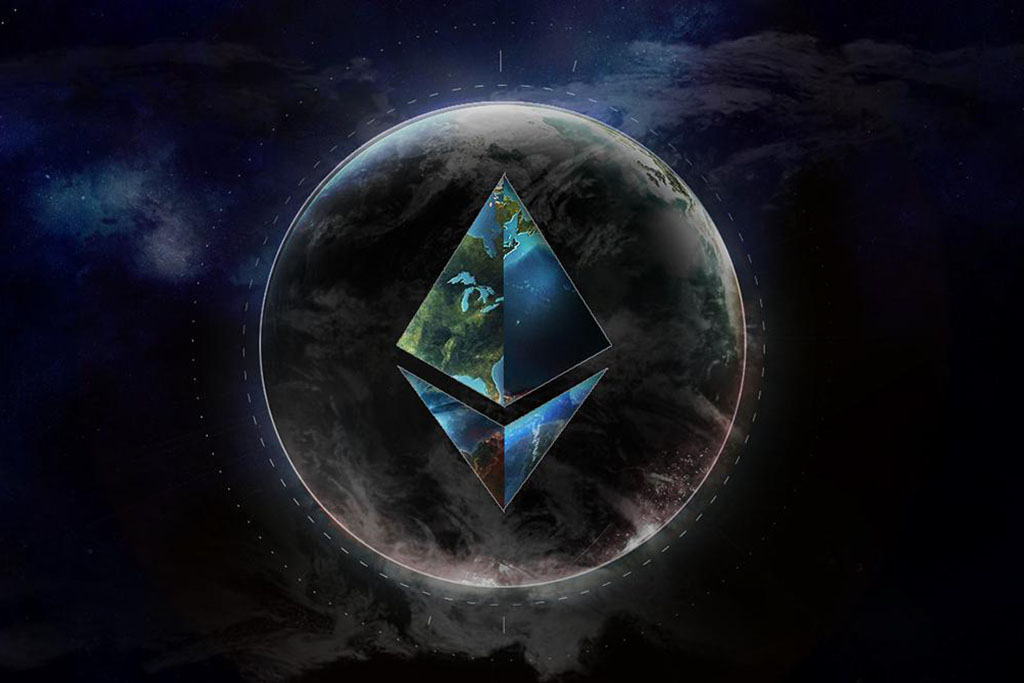ARTICLE AD
By April, Uniswap Labs increased the fee from 0.15% to 0.25%, which contributed to the surge seen today. Noteworthy, users can avoid paying the front-end fee by leveraging the services of DEX aggregators like 1inch, Cowswap, and Paraswap.
Less than one year after enacting a 0.15% fee for user transactions, Uniswap Labs has seen its cumulative front-end fees surpass the $50 million mark. Compared to the $3.7 million recorded on January 1, 2024, the current cumulative fee above $50.6 million is a thirteenfold increase year-to-date.
Uniswap Outranks Other DEXes
Last October, Uniswap Labs capped a 0.15% fee for user transactions on its web interface and wallet app. This became another source of revenue, especially as all of the accrued fees went directly to Uniswap Labs. However, it took only a short time before the protocol changed the fees.
By April, Uniswap Labs increased the fee from 0.15% to 0.25%, which contributed to the surge seen today. Noteworthy, users can avoid paying the front-end fee by leveraging the services of DEX aggregators like 1inch, Cowswap, and Paraswap.
This cumulative front-end fee result further underscores the protocol’s position as a leading Decentralized Exchange (DEX). It currently ranks highest amongst other DEXes in volume, contributing almost one-third of overall DEX volume last month. According to on-chain data, Uniswap hosted $54 billion out of the total $154 billion in swap volume in July.
Even with 1inch’s rank as the most-used DEX aggregator, it only took in 19.8% of DEX activity in July, while the Uniswap front recorded 25.7%. It is worth noting that these percentages are measured in terms of the monthly share of activity generated by DEX frontends.
Notably, this DEX activity has not directly impacted the price of the UNI token. At the time of writing, the token was changing hands for $6.145, up by 1.09% in the past 24 hours.
Uniswap Face SEC Squarely
On the other hand, Uniswap has had some challenges in the last few months. This includes the Wells Notice from the United States Securities and Exchange Commission (SEC). In May, the protocol attempted to reason with the regulator, urging it not to pursue a lawsuit as expected. At the same time, the protocol challenged the SEC’s jurisdiction over its operations, citing that it did not operate as an exchange.
Furthermore, Uniswap highlighted its decentralized nature, adding that it has no control over users’ accounts and no record of user data. It even stated that the tokens traded on its platform are not securities but alternative assets.
This sentiment likely prompted the protocol to endorse a recent campaign questioning the SEC’s decision to expand the definition of “exchange”. Uniswap asked the Commission to forgo its proposal to rule over the Decentralized Finance (DeFi) market.
Uniswap went as far as citing the Supreme Court decision on Chevron, which states that courts would no longer be required to differ from federal agencies and interpret ambiguous laws. Other crypto protocols have recently weighed in on the matter, but the SEC has yet to announce its next move.

 3 months ago
22
3 months ago
22 

